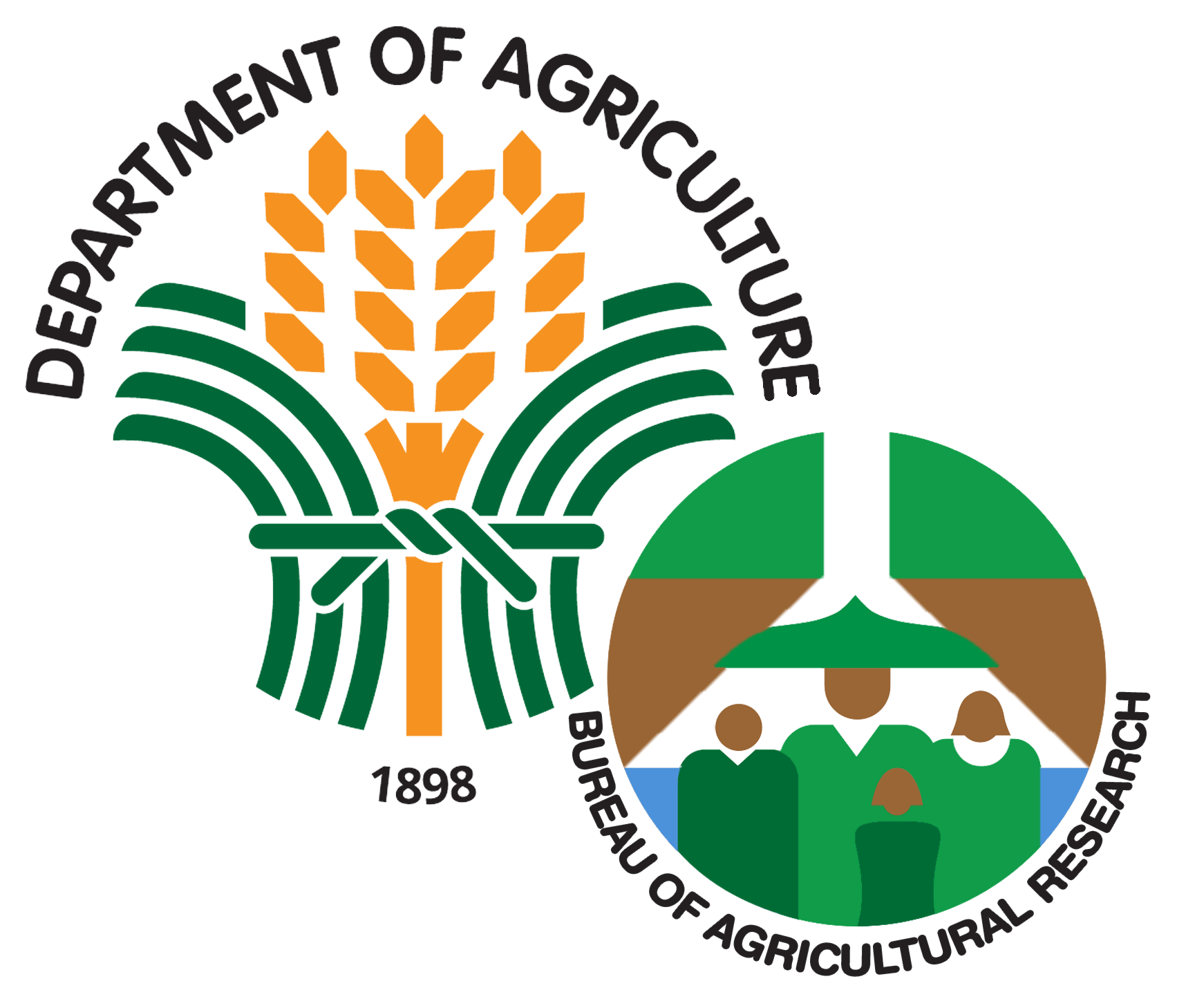Aimed to assess the maturity of technologies funded by the bureau, the DA-Bureau of Agricultural Research (BAR) conducted a Technology Readiness Level (TRL) workshop on 18-19 December 2023 in Quezon City.
Technical staff from the Program Development Division; Knowledge Management and Information Systems Division; and the Planning and Monitoring Unit participated to equip them with a comprehensive understanding of TRL and Investment Readiness, including the associated frameworks. Spearheaded by the Program, Monitoring, Evaluation, and Linkaging Division (PMELD), the activity also aimed to provide strategic insights for improving R&D management specifically in the context of agriculture.
Dr. Jaymee A. Cabangbang, resource person and assistant professor at the UPLB-College of Economics and Management, discussed the technology readiness and investment readiness frameworks and provided different conceptual frameworks used by research institutions. She added that there is an internationally accepted framework being used for technology levels of development.
Developed by The Welding Institute (United Kingdom), the TRL-Innovation Management and its application in agriculture has nine technology readiness levels that is used to estimate the maturity of a particular technology towards full economic operations. The initial three levels are the research levels: (TRL1) basic principles observed, (TRL2) technology concept formulated, and (TRL3) experimental proof of concept; followed by middle development levels: (TRL4) technology validated in the laboratory, (TRL5) technology is validated in relevant environment, and (TRL6) technology demonstrated in relevant environment. And finally, the deployment levels: (TRL7) system prototype demonstrated in operational environment, (TRL8) system completed and qualified, and (TRL9) actual system proven in operational environment.
On R&D management, Dr. Cabangbang explained that the key to successful R&D is extensive market research to identify the needs and desires of the society, and considering the following market integration: market demand, product positioning, market entry plan, return on investment, and scalability to meet the increasing market demand, while considering production, distribution, and resource requirements.
She also described agricultural development as a multi-sectoral activity that supports and promotes positive change in the rural and urban areas, which would improve the quality of life in the rural areas, ensure enough food for present and future generations, and at the same time, generate sufficient income for farmers.
The process of R&D management involves the planning phase, where technical issues are solved and foreseen, and the implementation phase where team, stakeholder and other partner motivation are the key element for every activity.
The participating technical divisions presented their workshop outputs on the challenges in R&D in agriculture, its potential strategies for improvement and their roles in addressing the problems.
And finally, DA-BAR will draft or articulate the technology readiness policy briefer as guide for implementation and eventually, adoption by research partners.


